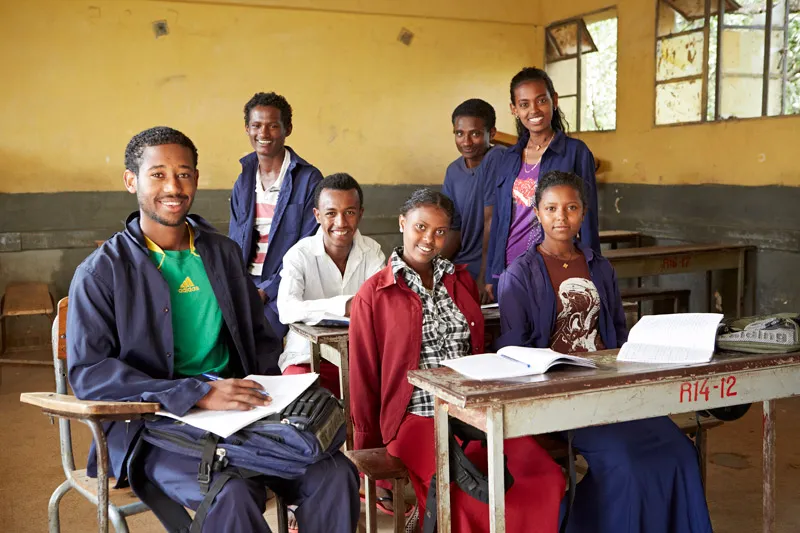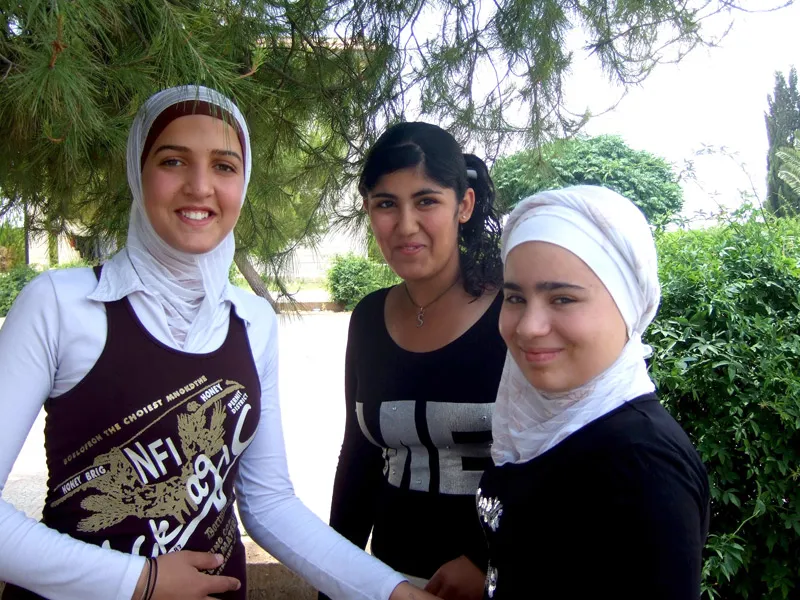SOS Youth Facilities
SOS Children's Villages attaches great importance to ensuring that young people entrusted to its care are well prepared for the world's social and economic realities and are empowered to develop their personal perspectives.
Young people often move out of the village and into a youth facility when they start a vocational training course or go on to higher education. With the support of a qualified youth worker who lives in the youth facility, the young people develop realistic perspectives for their future, learn to take on increased responsibilities, and increasingly make their own decisions. They are encouraged to develop teamwork and build contacts with relatives and friends, as well as with the relevant authorities and potential employers.
The goals of SOS Youth Facilities are to extend the educational work that began in our SOS Schools to help youth grow into responsible, independent adults and to educate young people to gain professional training appropriate for their needs, abilities and interests.

About SOS Youth Facilities
SOS Youth Facilities are there to enable youth to transition to independent living. Youth are responsible for organizing their everyday lives, while the counsellors and educators at the facilities play more of a supportive role, helping them only when needed.
SOS youth are fully involved in finding solutions to the challenges that they face in their lives. SOS counsellors listen to and work with each child to decide their needs. Together with each young person, educators help them make plans for their future and help them deal with ongoing responsibilities at home and school.
SOS Youth Facilities provide a home for SOS youth aged fourteen and above. Due to the scope of SOS work, facilities vary in size depending on the region and services that each facility offers.
SOS Children's Villages currently provides housing to 23,757 youth, serviced by 2,719 staff members worldwide.

Staff
Teams in SOS Youth Facilities are composed of educators of diverse ages, genders, experiences, and life skills. While SOS youth may have moved out of their SOS family home, their SOS mother plays an essential role in their journey to independence, offering ongoing support and maintaining close family ties. Psychologists and social workers also provide the same level of care and guidance as they do in SOS Villages.
The role of SOS staff in the facilities is vital. They work with youth as they become more independent and help ease the transition into adulthood. They provide direct personal care through group and individual counselling and emotional support. The youth workers reside in the youth facility alongside the youth and provide support when needed.
Housing support
SOS Children's Villages is aware of youth's challenges as they enter adulthood. When adjusting to an independent life, housing without financial support becomes difficult. SOS Children's Villages believes housing is essential to achieving self-reliance. SOS youth over 18 who do not have proper housing can apply for financial support from SOS Children's Villages. This financial support goes towards acquiring an apartment or constructing a new living space.
In certain locations, SOS youth move into special apartments provided by SOS Children's Villages while attending higher education or vocational training. SOS Children's Villages also provides accommodation to youth who live outside of SOS Villages but cannot stay with their families.
In some countries, employed SOS youth can share a house with other youth. They manage the household themselves but have access to an educator who can help them when needed.

